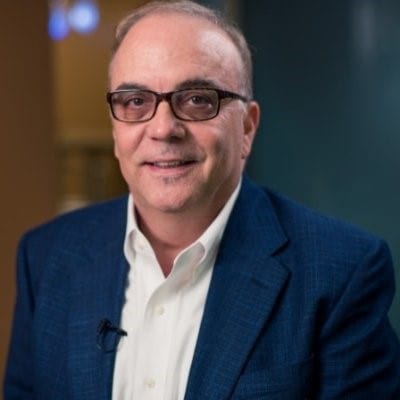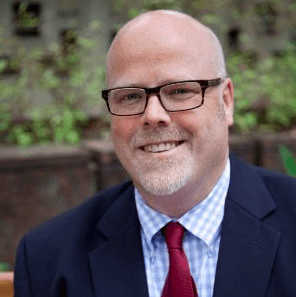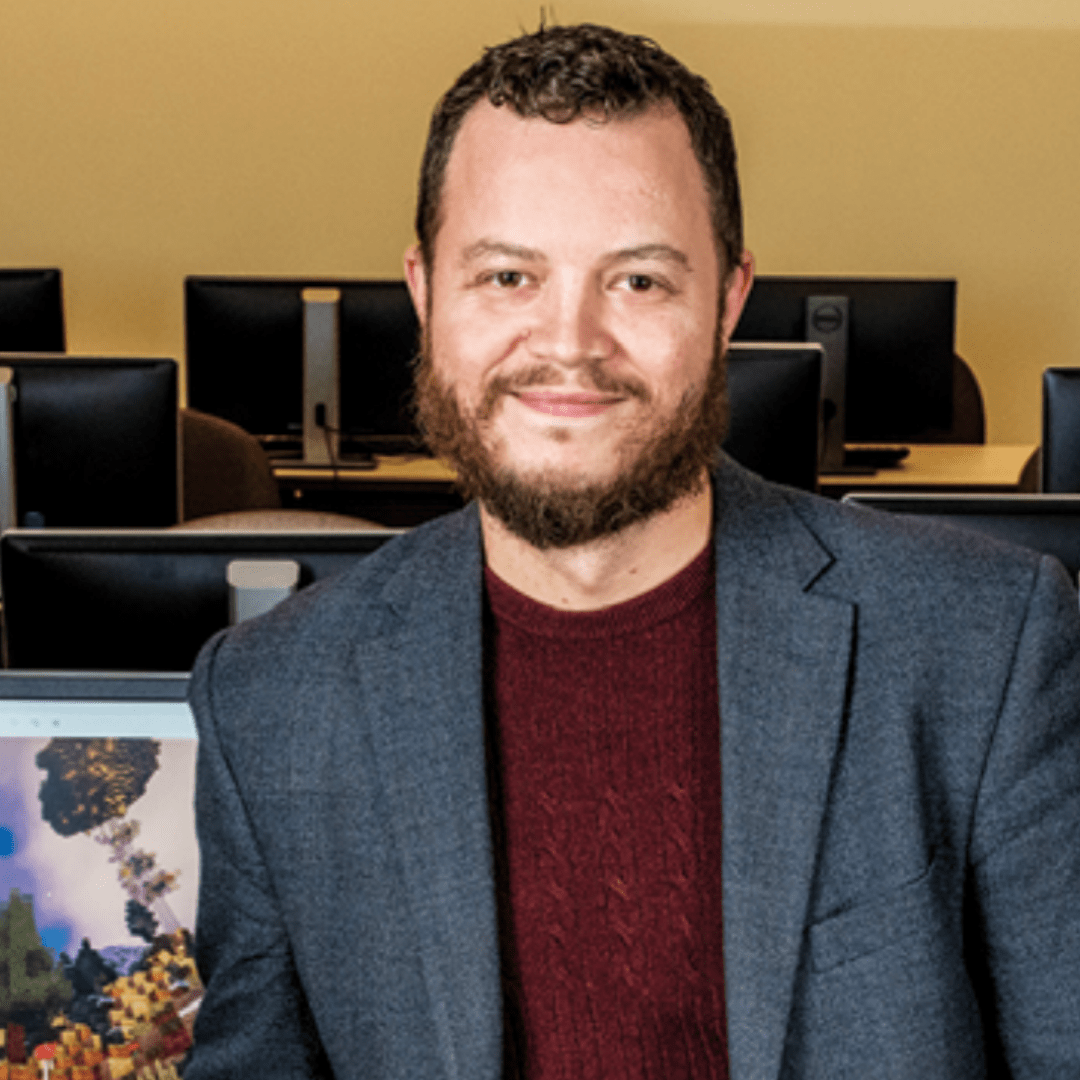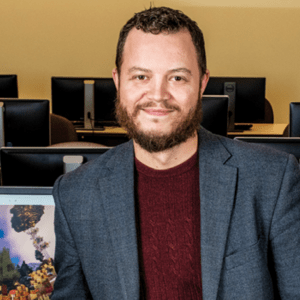Maryann Cairns is an Assistant Professor of Anthropology at Southern Methodist University. Dr. Cairns’ research is focused at the intersection of environment, infrastructure, and health. Her work examines socio-ecological interactions in polluted waterscapes, giving specific attention to the sustainability and efficacy of infrastructure development. Dr. Cairns has completed projects within these theme areas in Latin America and the Caribbean, the Western Balkans, and the United States. Her work in Costa Rica focuses on placing ethnographic information at the forefront of mathematical modeling and mixed-methods research poised to understand the impact of wastewater on enviro-social spaces and human health.
In May of 2021, she co-authored an article titled Global Water, Sanitation, and Hygiene Approaches: Anthropological Contributions and Future Directions for Engineering which covers how anthropologists contribute key insights toward a comprehensive understanding of water, sanitation, and hygiene (WASH) as a multidimensional, multiscalar, and culturally embedded phenomenon. Dr. Cairns’ work informing this article was supported by the U.S. National Science Foundation under Grant Number 1745934.
Before coming to SMU, Dr. Cairns was an American Association for the Advancement of Science (AAAS) Science & Technology Policy Fellow hosted at the US Environmental Protection Agency, and was a Postdoctoral scholar at Northeastern University’s Social Science Environmental Health Research Institute. She is a Board member for the American Anthropological Association’s Anthropology & Environment Society (A&E).
When asked what motivates her to do impact work she responded, “For me, sustainability is a focus on what matters. I want the things that matter to all of us –environmentally and otherwise–to be around for a while. I am so thankful for the access to education that have had throughout my life and career. It is a gift to be able to share what I have learned with my students and with the public. Leading truly collaborative research designed to solve environmental problems is everything to me. For me, knowledge should never be a secret.”
To read more about the Hunt Institute’s work to develop future-focused solutions to some of the world’s biggest problems, please click here. For the latest news on the Hunt Institute, follow our social media accounts on LinkedIn, Facebook, and Instagram. We invite you to listen to our Podcast called Sages & Seekers. If you are considering engaging with the institute, you can donate, or sign-up for our newsletter by emailing huntinstitute@smu.edu.

















 Chad Houser is the Executive Director and Chef at Café Momentum – a restaurant and culinary training program for juvenile offenders at Dallas County Youth Village. Café Momentum is a regionally recognized restaurant (Top Dallas Restaurant in 2016) and a national recognized organization that provides a transformative experience for its interns. Through a 12-month paid post-release internship program
Chad Houser is the Executive Director and Chef at Café Momentum – a restaurant and culinary training program for juvenile offenders at Dallas County Youth Village. Café Momentum is a regionally recognized restaurant (Top Dallas Restaurant in 2016) and a national recognized organization that provides a transformative experience for its interns. Through a 12-month paid post-release internship program Ryan Eason is the Manager of Community Relations and Strategic communications for Medical City Healthcare. Ryan created the program Kids Teaching Kids to educate students about healthy eating habits. Local high school culinary students create healthy recipes for elementary students, while encouraging them to make their own healthier treats during a 21 day challenge. Finally, these high school culinary students create healthy kids menus (like mac and cheese with pureed squash) that can be offered in restaurants. The program has brought a healthier lifestyle to tens of thousands of school children in north Texas. Ryan created the program four years ago, and it continues to grow each year thanks to his dedication and creativity.
Ryan Eason is the Manager of Community Relations and Strategic communications for Medical City Healthcare. Ryan created the program Kids Teaching Kids to educate students about healthy eating habits. Local high school culinary students create healthy recipes for elementary students, while encouraging them to make their own healthier treats during a 21 day challenge. Finally, these high school culinary students create healthy kids menus (like mac and cheese with pureed squash) that can be offered in restaurants. The program has brought a healthier lifestyle to tens of thousands of school children in north Texas. Ryan created the program four years ago, and it continues to grow each year thanks to his dedication and creativity.  Jennifer Eyer leads the Food in Schools Initiative for Children at Risk. Part of the Food in Schools program is the Universal School Breakfast throughout Dallas Independent School District. Universal School Breakfast dramatically improves access to healthy food for children, while increasing their attentiveness and classroom performance. This program is coupled with an extensive outreach programming to educate other school districts across the state on strategies to implement universal school breakfast programs and to increase participation of schools. Children at Risk also educates and performs outreach on summer meal programs and
Jennifer Eyer leads the Food in Schools Initiative for Children at Risk. Part of the Food in Schools program is the Universal School Breakfast throughout Dallas Independent School District. Universal School Breakfast dramatically improves access to healthy food for children, while increasing their attentiveness and classroom performance. This program is coupled with an extensive outreach programming to educate other school districts across the state on strategies to implement universal school breakfast programs and to increase participation of schools. Children at Risk also educates and performs outreach on summer meal programs and Drew Demler
Drew Demler